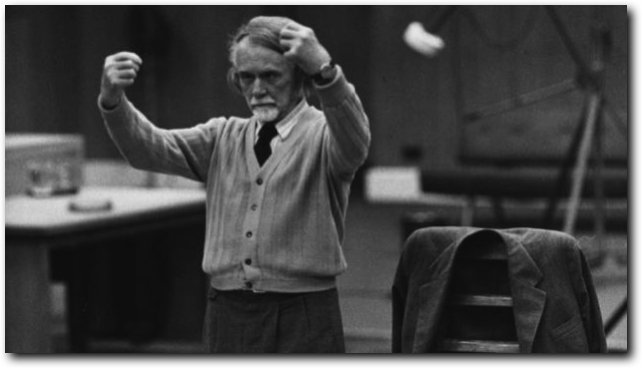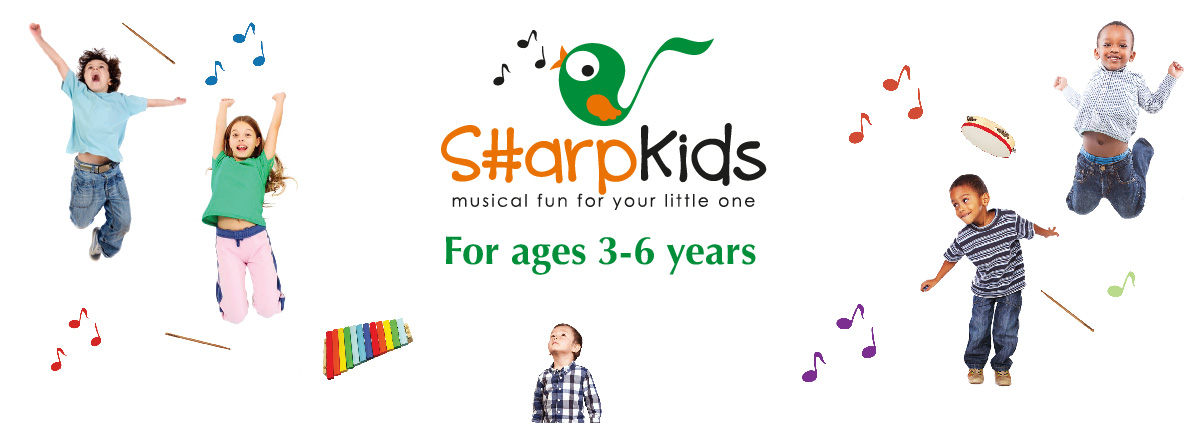The Kodaly Method
The Kodály method, also referred to as the Kodály concept, is an approach to music education developed in Hungary during the mid-20th century by composer Zoltán Kodály. His philosophy of music education served as an inspiration for the method, which was then developed over a number of years by his associates.

What is the Kodály concept of music education?
An approach, developed by Hungarian composer and educator Zoltán Kodály, which involves the children learning through singing and playing musical games.
By singing simple songs, children gradually learn the elements of music, including pulse, rhythm, pitch, dynamics and tempo. Games reinforce the learning and make the lessons fun. Key skills being built include listening and singing in tune. In this way, we build children’s motivation, enthusiasm and confidence, and lay the foundation for a lifetime of enjoyment.
By learning through developmentally appropriate folk songs and games an inner felt/heard sense of pulse, pitch and rhythm builds on both an unconscious and conscious level. This is the key to musical literacy, exploration, improvisation, composition, listening, appraising and performance which are present in all Kodály lessons. The Kodály philosophy develops aural, kinaesthetic and visual learning in all pupils, proving a valuable holistic concept for all abilities.
Kodály believed that musicians should be able to hear what they are playing, and the approach develops secure listening skills and excellent music reading skills.
Musicianship training can begin in the early years, before the children have the fine motor skills need to master an instrument. Once they begin an instrument they already have the foundations of musical understanding, and the musicianship training should continue alongside instrumental learning.
By singing simple songs, children gradually learn the elements of music, including pulse, rhythm, pitch, dynamics and tempo. Games reinforce the learning and make the lessons fun. Key skills being built include listening and singing in tune. In this way, we build children’s motivation, enthusiasm and confidence, and lay the foundation for a lifetime of enjoyment.
By learning through developmentally appropriate folk songs and games an inner felt/heard sense of pulse, pitch and rhythm builds on both an unconscious and conscious level. This is the key to musical literacy, exploration, improvisation, composition, listening, appraising and performance which are present in all Kodály lessons. The Kodály philosophy develops aural, kinaesthetic and visual learning in all pupils, proving a valuable holistic concept for all abilities.
Kodály believed that musicians should be able to hear what they are playing, and the approach develops secure listening skills and excellent music reading skills.
Musicianship training can begin in the early years, before the children have the fine motor skills need to master an instrument. Once they begin an instrument they already have the foundations of musical understanding, and the musicianship training should continue alongside instrumental learning.
How can this way of teaching music help with maths and literacy?
Singing helps with literacy by building confidence in speech, language development, patterns in sound. When playing musical games, you are spotting patterns, counting, dividing into groups; some of the key building blocks of a mathematical education. There is plenty of research to suggest that a quality music education benefits young children’s brain development. Music builds the skills of active listening, intense focus and memory skills, as well as confidence and self-esteem.
In addition, if children enjoy school, they will learn better. Any improvement in attendance will improve results, making the job of the other teachers easier.
Research has shown that the benefits of a music education include confidence, empathy, teamwork, deeper understanding of human nature, coordination and discipline. Creativity is one of the key skills required in today’s workforce.
Playing musical games can help develop many social skills, including turn-taking, working in groups, leadership skills, working to achieve a common goal, listening, respecting others and socialising with those outside the normal friendship group. All the great educators believe that all learning should be fun, enjoyable hard work, taught through games, concept before symbol, followed by practice and application. Rather than just drilling and cramming facts, the learning is positive and reinforced. We are giving the gift of self-fulfilment, inclusion and well-being.
In addition, if children enjoy school, they will learn better. Any improvement in attendance will improve results, making the job of the other teachers easier.
Research has shown that the benefits of a music education include confidence, empathy, teamwork, deeper understanding of human nature, coordination and discipline. Creativity is one of the key skills required in today’s workforce.
Playing musical games can help develop many social skills, including turn-taking, working in groups, leadership skills, working to achieve a common goal, listening, respecting others and socialising with those outside the normal friendship group. All the great educators believe that all learning should be fun, enjoyable hard work, taught through games, concept before symbol, followed by practice and application. Rather than just drilling and cramming facts, the learning is positive and reinforced. We are giving the gift of self-fulfilment, inclusion and well-being.
About
The #Sharp Kids Programme is run under the auspices of The Piano Academy of Ireland, now celebrating it’s 15th year, is run by husband and wife team, Dr. Archie Chen and Rhona Gouldson-Chen. Rhona met Archie when she hired him to cover her studio (formerly Rathgar Piano) while travelling in 2003 and they have been playing and working together ever since.
To teach a child an instrument without first giving him preparatory training and without developing singing, reading and dictating to the highest level along with the playing is to build upon sand.”
Zoltan Kodaly
